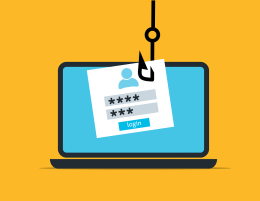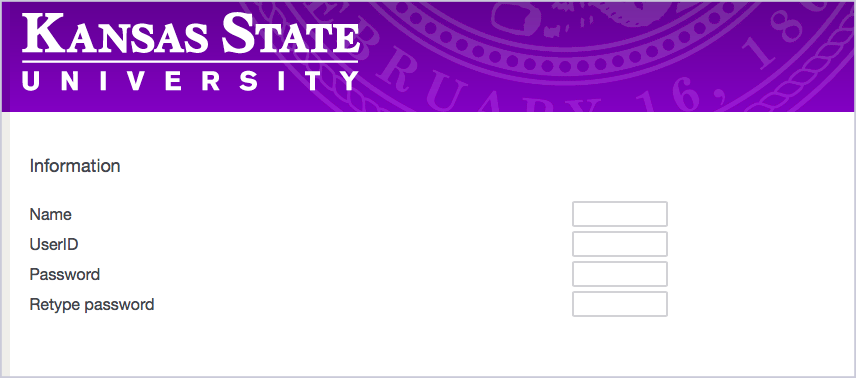 Be on the lookout for increased phishing email scams this holiday season.
Be on the lookout for increased phishing email scams this holiday season.
Phishing is an attempt by cybercriminals, posing as a legitimate business, to trick you into sharing personal information, such as passwords, credit card numbers, Social Security numbers, or bank account numbers, via a fraudulent email or website.
Sophisticated attackers will even attempt to get you to disclose passcodes from your Duo app to bypass the protections that two-factor authentication provides. K-State will never ask for your Duo backup passcode immediately following login. If you are ever asked to give that in combination with your password – you are being scammed. Immediately report the email to abuse@ksu.edu.
For additional information on how Duo passcodes work, view the Duo Passcode knowledge base article.
Continue reading “Increased phishing scams during the holidays”
 In light of recent developments in the cybersecurity landscape, the Division of Information Technology (IT) feels it is imperative to communicate the evolving threats to our community. One such concern involves a North Korean group known as Kimsuky, a state-sponsored cyber threat actor notorious for their sophisticated spear-phishing attempts. Spear-phishing is a targeted form of phishing where the attacker impersonates a known or trusted entity to deceive individuals into revealing sensitive information.
In light of recent developments in the cybersecurity landscape, the Division of Information Technology (IT) feels it is imperative to communicate the evolving threats to our community. One such concern involves a North Korean group known as Kimsuky, a state-sponsored cyber threat actor notorious for their sophisticated spear-phishing attempts. Spear-phishing is a targeted form of phishing where the attacker impersonates a known or trusted entity to deceive individuals into revealing sensitive information.  May 11, via
May 11, via 